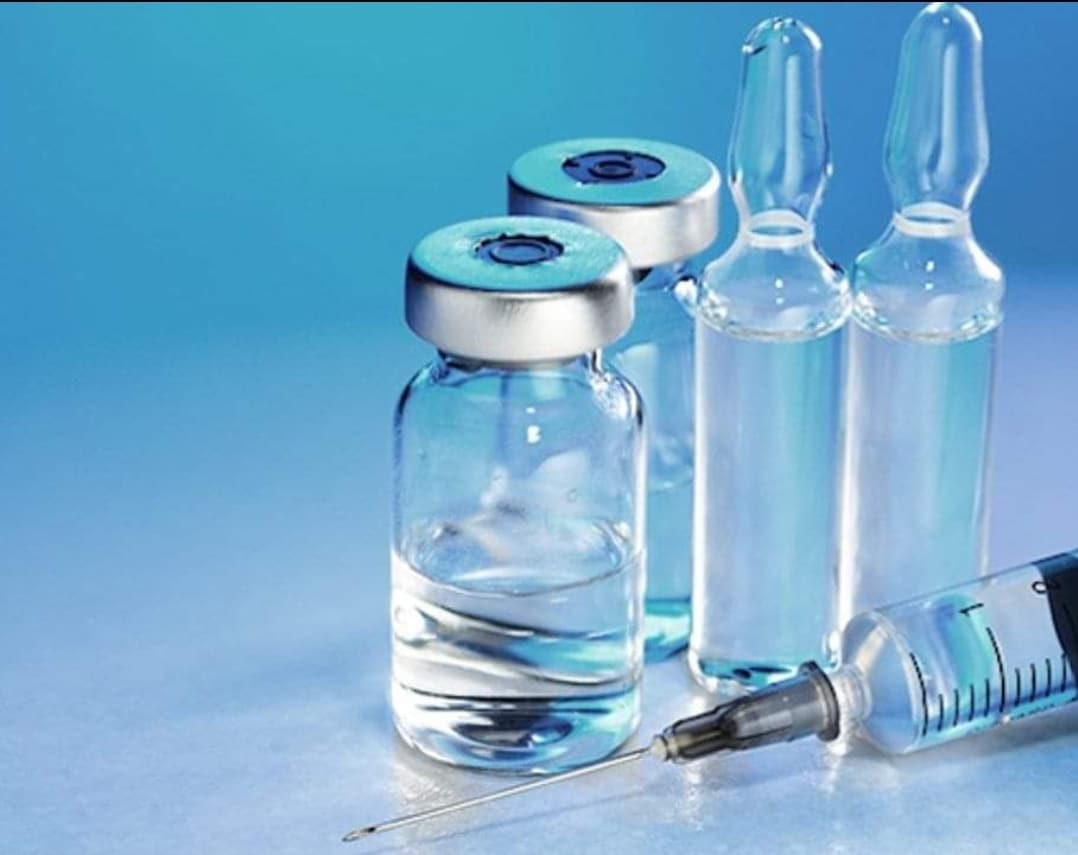USP PK PD Correlation Testing in Injections
The United States Pharmacopeia (USP) provides a comprehensive set of standards and guidelines that ensure the quality, safety, and effectiveness of pharmaceutical products. One critical aspect of this is PK-PD correlation testing in injections, which evaluates the relationship between the pharmacokinetic profile (PK) and the pharmacodynamic effects (PD) of injectable medications.
Pharmacokinetics (PK) refers to what the body does to a drug, including absorption, distribution, metabolism, and excretion. Pharmacodynamics (PD), on the other hand, pertains to what a drug does to the body in terms of its effect. Correlating these two aspects is essential for optimizing drug dosing and ensuring that therapeutic effects are achieved safely and effectively.
For injectable products, PK-PD correlation testing involves analyzing how quickly and where the drug distributes within the body (PK), and how it interacts with target receptors or cells to produce a biological response (PD). This is particularly important for parenteral medications because they bypass the first-pass metabolism of oral drugs, leading to potentially higher bioavailability.
The USP guidelines provide specific methods for conducting PK-PD correlation tests. These include determining drug concentrations in various body fluids such as blood plasma and cerebrospinal fluid (CSF), measuring drug effects on target tissues or cells, and correlating these data points with pharmacokinetic parameters like AUC (area under the curve) and Cmax (maximum concentration).
The goal of this testing is to ensure that the dose administered achieves peak efficacy without causing adverse effects. This is crucial for maintaining patient safety and efficacy, especially in critical care settings where rapid onset of action is necessary.
- Improved Patient Outcomes: Ensures optimal drug delivery leading to better therapeutic outcomes.
- Reduced Side Effects: By correlating PK and PD, we can identify the lowest effective dose, minimizing adverse reactions.
- Enhanced Compliance: Accurate testing helps in developing dosing regimens that are easier for patients to follow.
- Informed R&D: Provides insights into drug efficacy and potential improvements for future formulations.
With the increasing complexity of injectable medications, including biologics and small molecules, the importance of PK-PD correlation testing cannot be overstated. This service ensures that healthcare providers have the tools they need to make informed decisions about dosing regimens, which is critical for patient safety and efficacy.
Scope and Methodology
The scope of USP PK-PD correlation testing in injections encompasses a comprehensive evaluation of the drug's behavior within the body. This includes assessing its absorption, distribution, metabolism, and excretion (ADME) profile as well as its interaction with target receptors or cells leading to therapeutic effects.
The methodology typically involves several key steps:
- Sample Collection: Blood samples are collected at predefined time points post-administration of the injection. These samples are used for both PK analysis and PD assessment.
- Pharmacokinetic Analysis: Concentrations of the drug in plasma are measured using validated analytical techniques such as high-performance liquid chromatography (HPLC) or mass spectrometry (MS).
- Pharmacodynamic Assessment: The effects of the drug on target tissues or cells are evaluated. This can involve measuring changes in receptor occupancy, signaling pathways activation, and downstream biological responses.
- Data Correlation: PK parameters such as AUC, Cmax, T1/2 (half-life), clearance rate, etc., are correlated with PD endpoints like efficacy measures or biomarkers of response.
The USP guidelines specify the use of appropriate analytical methods and statistical approaches to ensure accurate and reproducible results. This includes the application of non-compartmental analysis for PK data and various regression models for correlating PK and PD variables.
By following these rigorous protocols, we can provide reliable and actionable data that informs clinical decision-making processes related to injectable medications.
Customer Impact and Satisfaction
The implementation of USP PK-PD correlation testing in injections yields significant benefits for healthcare providers, patients, and pharmaceutical companies alike. Here are some key impacts:
- Better Treatment Outcomes: By optimizing drug dosing through this testing, we can achieve more consistent therapeutic effects, leading to improved patient outcomes.
- Safety Enhancement: Ensuring that the dose is neither too high nor too low helps prevent adverse reactions and side effects.
- Patient Comfort: Accurate dosing reduces the likelihood of discomfort or pain during administration.
- Cost Efficiency: Precise dosing can reduce waste by minimizing excess drug usage while ensuring adequate efficacy.
For pharmaceutical companies, this service also provides valuable insights into the performance of their products. It allows them to refine formulations and improve manufacturing processes, ultimately leading to more effective and safer medications.
The satisfaction of our clients is paramount, and we strive to deliver accurate, reliable data that supports their regulatory compliance needs. Our team works closely with each client to understand their specific requirements and tailor the testing process accordingly.
Competitive Advantage and Market Impact
In today's competitive pharmaceutical market, ensuring high-quality standards is crucial for maintaining a leading position. USP PK-PD correlation testing in injections offers several competitive advantages:
Regulatory Compliance: By adhering to the stringent guidelines set by the USP, we ensure that our services meet or exceed regulatory requirements, which can give clients a significant advantage in navigating complex compliance landscapes.
Patient-Centric Innovations: Our testing helps pharmaceutical companies develop more effective and safer injectable products. This not only enhances patient trust but also positions them as innovators in the market.
Informed Decision-Making: Providing robust data for PK-PD correlations empowers healthcare providers to make evidence-based decisions, which can lead to better clinical outcomes and higher satisfaction rates among patients.
The impact of this service extends beyond individual products. By fostering trust in injectable medications through rigorous testing, we contribute to the overall quality and safety standards within the pharmaceutical industry, thereby enhancing the market's reputation as a whole.





